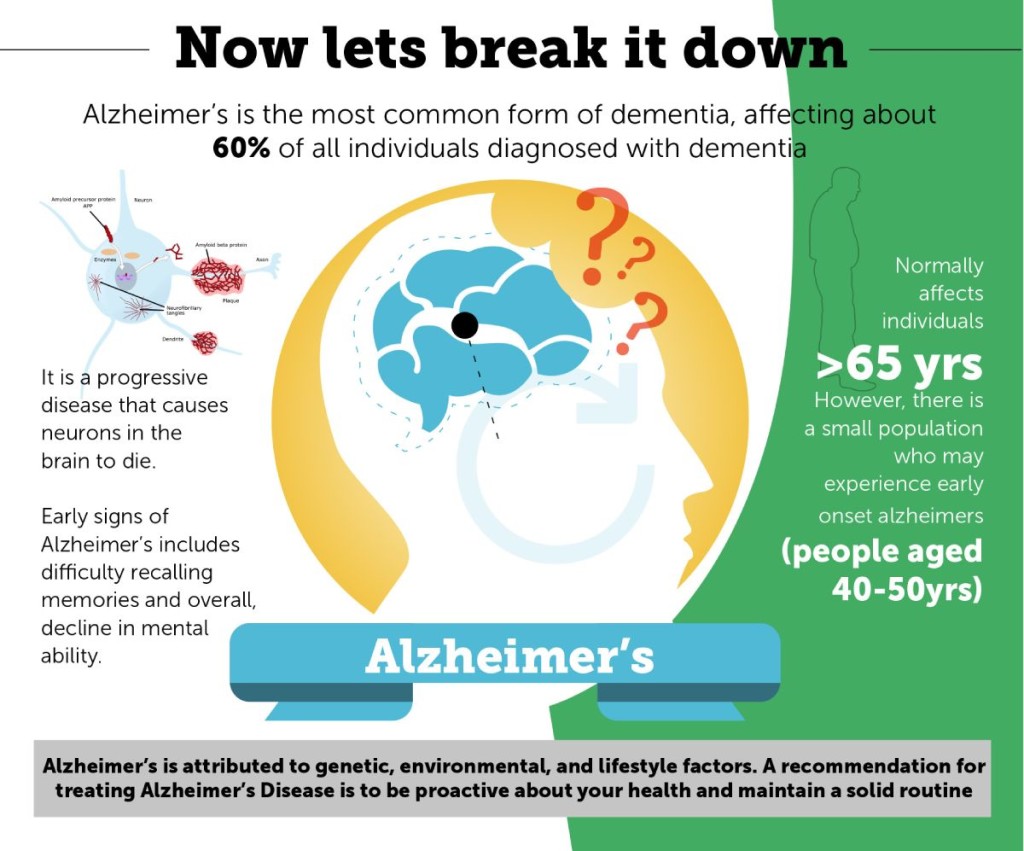What Causes Vascular Dementia Symptoms
Vascular dementia is a form of dementia that is caused by problems in the blood supply to the brain. It is a chronic and progressive condition that can impact a person's memory, thinking, and ability to perform daily tasks. Vascular dementia is caused by a variety of factors including high blood pressure, diabetes, and high cholesterol.
What are the Symptoms?
The symptoms of vascular dementia vary depending on the severity and location of the damage in the brain. Some common symptoms of vascular dementia include:
- Memory loss
- Confusion
- Trouble with decision-making and problem-solving
- Difficulty with language and communication
- Difficulty with movement and coordination
- Behavioral changes
It is important to note that symptoms can develop gradually or suddenly, depending on the underlying cause of the condition.
What are the Causes?
Vascular dementia is caused by problems with the blood supply to the brain. This can be due to a variety of factors including:
- High blood pressure
- Diabetes
- High cholesterol
- Smoking
- High levels of homocysteine in the blood
- Heart disease
- Stroke
Each of these factors can cause damage to the blood vessels in the brain, which can lead to cognitive decline and dementia.
How is it Diagnosed?
Diagnosing vascular dementia can be challenging as symptoms can be similar to other forms of dementia, such as Alzheimer's disease. A thorough medical evaluation, including a neurological exam, blood tests, and imaging studies, is important to identify the underlying cause and rule out other conditions.
Imaging studies, such as MRI and CT scans, can help identify areas of damage in the brain and determine the severity of the condition. Neuropsychological testing can also be helpful in assessing cognitive function and identifying areas of weakness.
What are the Treatments?
There is no cure for vascular dementia, but treatments can help manage symptoms and slow the progression of the condition. Treatment options include:
- Medications to manage high blood pressure, diabetes, and high cholesterol
- Anticoagulant medications to reduce the risk of blood clots
- Medications to manage behavioral symptoms
- Physical therapy and rehabilitation to improve movement and coordination
- Cognitive therapy to improve memory and cognitive function
It is important to work closely with a healthcare provider to develop an individualized treatment plan that addresses each person's unique needs and concerns.
Prevention Strategies
Preventing vascular dementia involves addressing risk factors that can damage blood vessels in the brain. Strategies to reduce the risk of vascular dementia include:
- Managing high blood pressure, diabetes, and high cholesterol
- Maintaining a healthy diet and exercising regularly
- Stopping smoking and reducing alcohol consumption
- Managing stress levels through relaxation techniques and stress management strategies
By addressing these risk factors, individuals can reduce their risk of developing vascular dementia and other forms of cognitive decline.
Conclusion
Vascular dementia is a chronic and progressive condition that can have a significant impact on a person's cognitive function, quality of life, and ability to perform daily tasks. Understanding the symptoms, causes, and treatments can help individuals and their loved ones make informed decisions about managing the condition. Prevention strategies, such as addressing risk factors, can also play an important role in reducing the risk of vascular dementia and other forms of cognitive decline.
References:
- What is Vascular Dementia? Symptoms, Causes, and Treatments. (n.d.). Retrieved from https://www.alzheimers.net/vascular-dementia/
- Dementia – Dr. Prem Pillay Singapore. (n.d.). Retrieved from https://www.drprempillay.org/dementia/

